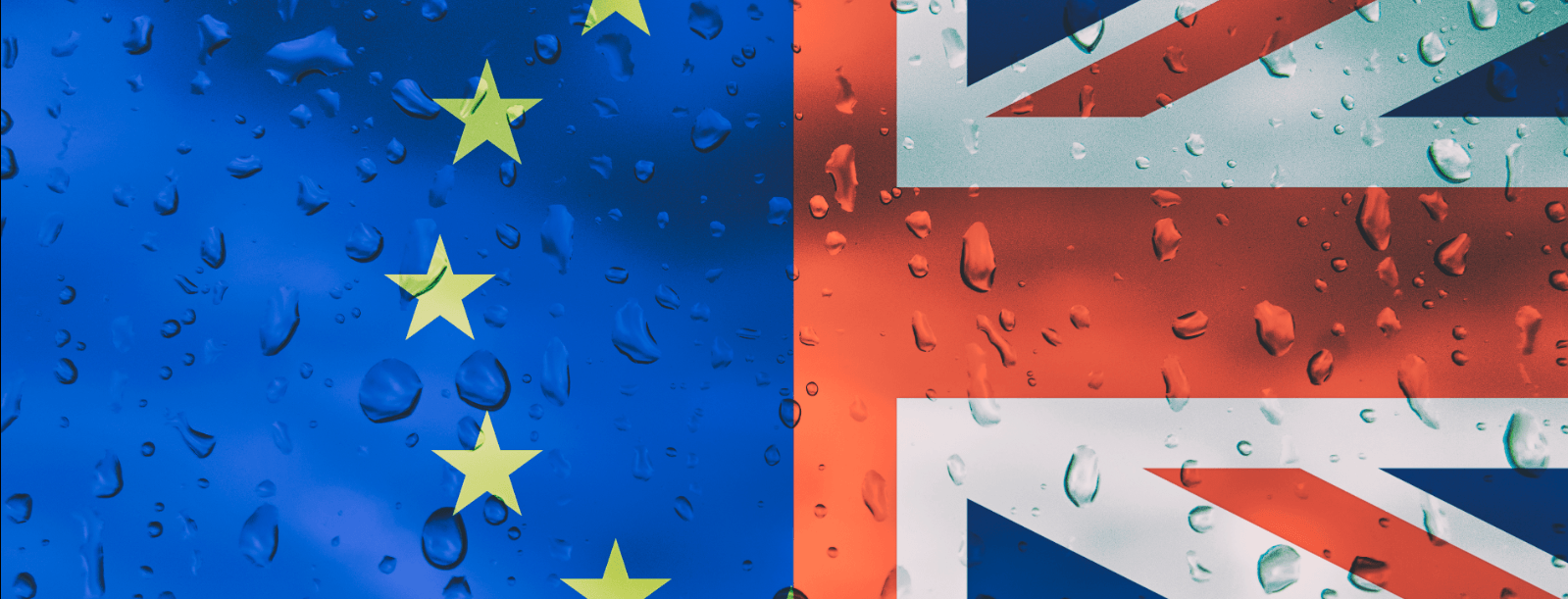Having finally agreed a draft Brexit deal with the European Union (EU), UK Prime Minister Theresa May is feeling the pressure as she bids to win over Members of Parliament (MPs) from all sides ahead of a crucial vote scheduled for 11 December.
There is a feeling within Parliament that Theresa May has ‘given in’ to the EU’s negotiators, and with the majority of MPs probably unhappy with the Brexit proposals, many believe that something more needs to be done – although no one knows exactly what that is. Mrs May faces a multiple – some may say intractable – set of dilemmas, with Northern Ireland’s border the biggest (but by no means only) issue that needs to be resolved.
The pro-Brexit wing of the Conservative Party is keen for someone more sympathetic to a ‘hard’ Brexit to review and challenge the proposed withdrawal agreement in more detail. Should a potential future leader (such as Dominic Raab, David Davis or Michael Gove) be able to make changes to the document, there may be a greater likelihood of it being accepted by Parliament. However, the long-anticipated leadership contest has still not materialised and it might seem that MPs have concluded, after sounding out their constituents and colleagues, that changing the prime minister does not make logical sense at this time.
Objectively, the likelihood remains that Mrs May will fail to get the proposed deal through Parliament, which will focus attention on whether the EU decides to give some ground. The EU could consider a variety of concessions, but it seems unlikely that any of these will pertain to the Irish border. Our view remains that the UK giving more ground vis-à-vis Northern Ireland is highly unlikely, and the Conservatives and Democratic Unionist Party (DUP) would certainly not accept it. Such a scenario could lead to the DUP withdrawing its support for the Conservative Party, leaving the prospect of a minority government limping on for another four years, which seems impracticable.
Meanwhile, the idea propagated by the Labour Party’s leadership that it is aligned around Brexit policy does not seem credible, and it could be argued that Labour is just as split as the Conservatives. Recent comments from the Shadow Chancellor John McDonnell also opened the door further to Labour’s ‘plan B’, which is for a second referendum. The prime minister is strongly opposed to this on constitutional grounds, although it may eventually have its attractions should the current political stalemate persist.
Indeed, it was interesting that Mrs May used her recent speech around the announcement of her proposed deal with the EU to make reference to a second referendum on leaving the bloc. It was the first time she had raised the subject, and could be viewed as a way to ‘frighten’ Brexiteers and make them fall into line. Such a motive is given further credence when one considers that Conservative Eurosceptic Zac Goldsmith admitted that if he had the chance to vote again in the referendum, he would have voted to remain within the EU should Mrs May’s proposals have been the only other choice.
Back in Parliament, the prospect of a free vote has been discussed recently in the media. In such a situation, ‘whipping’ by party leadership teams would be suspended, thus allowing politicians to vote according to their beliefs rather than along party lines, which would create the opportunity for a cross-party consensus to emerge. However, with MPs having been pressurised by their party whips to ensure they vote along party lines, it appears that the possibility of a free vote is fading, especially as the Labour Party seems to be tightly controlled by its leadership group, which looks determined to use the political opportunity to return itself to government. However, something will have to give, and the options appear to be these: a free vote, another general election (which would be a huge gamble for the ruling Conservative Party), or the constitutionally questionable option of a second referendum on whether or not to leave the EU.
Our view is that political behaviour in this regard will to some extent be governed by what the opinion polls are saying. If Labour leader Jeremy Corbyn starts to show a healthy lead in the opinion polls, the Conservative Party is more likely to pull itself together. Nonetheless, given the potential for multiple different outcomes, it is impossible to predict with confidence what will happen next. The most likely market impact will be that the most demonstrable volatility will continue to be exhibited by the UK currency.
This is a financial promotion. Any reference to a specific security, country or sector should not be construed as a recommendation to buy or sell investments in those countries or sectors. Please note that holdings and positioning are subject to change without notice.






Comments